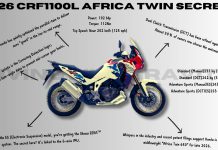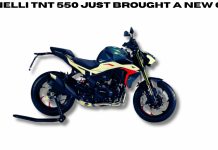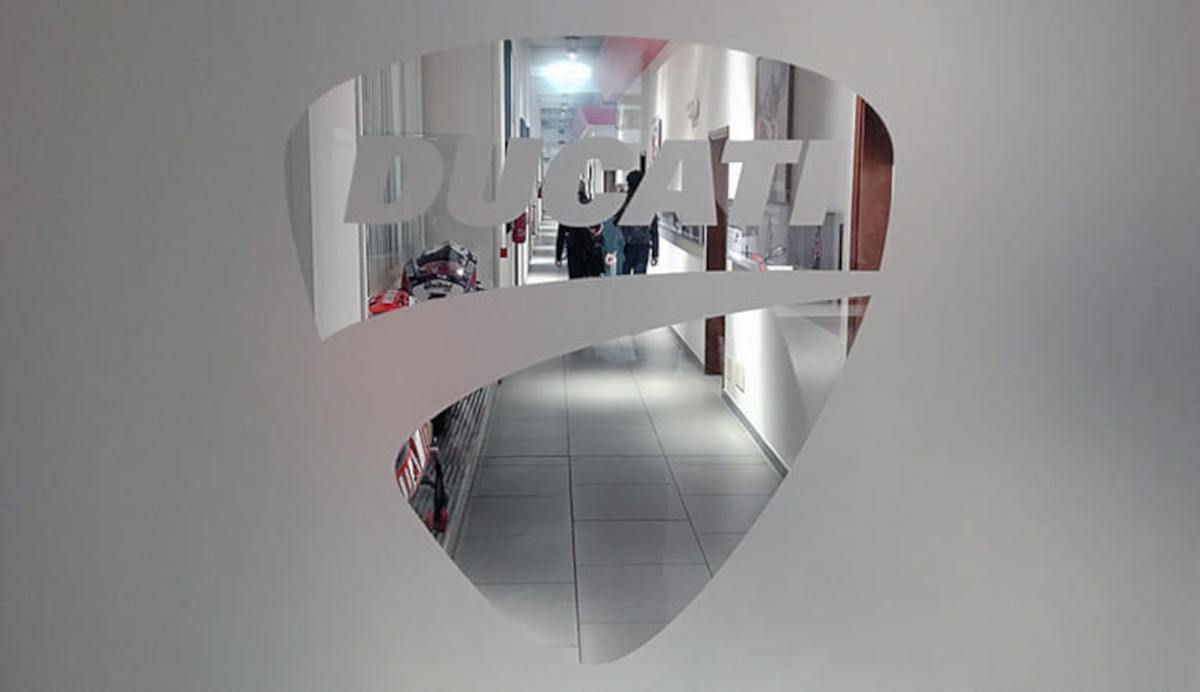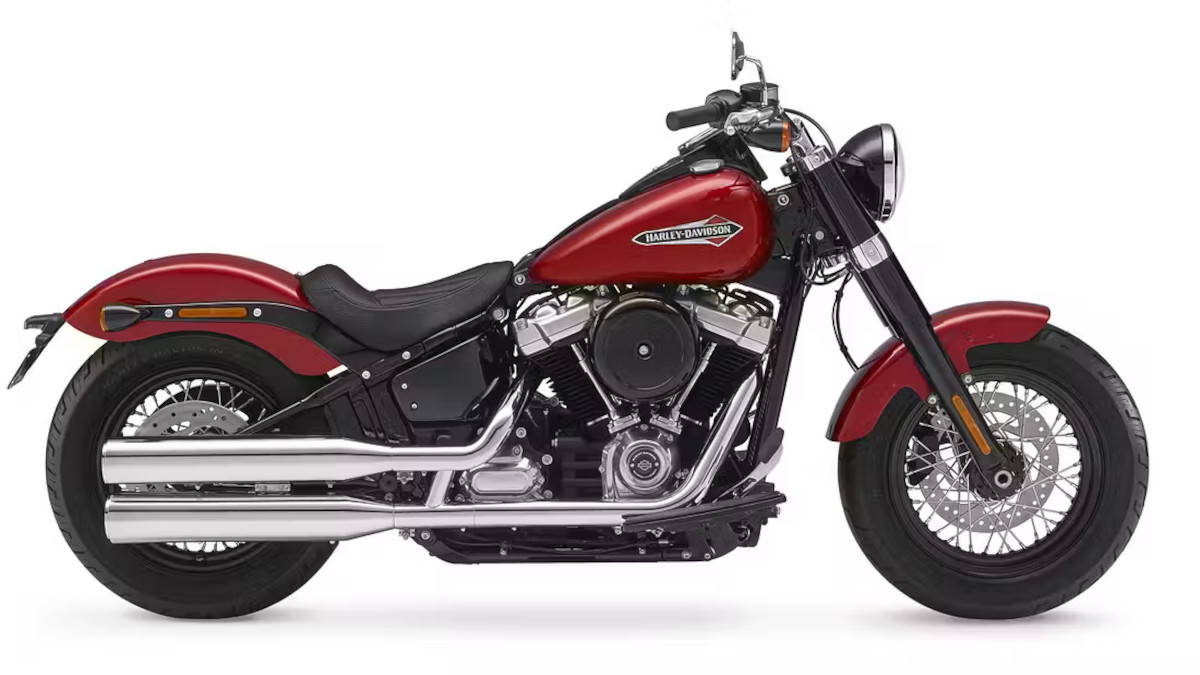Tokyo Drifts and Dealer Duress: The Harley-Davidson Japan Saga Unfolds
Imagine, if you will, the hum of a finely tuned Harley engine – a symbol of freedom, open roads, and American rebellion. Now picture that iconic roar turning into a grumble of discontent from its very own Japanese dealerships. For nearly a year, the Land of the Rising Sun’s competition watchdog, the Japan Fair Trade Commission (JFTC), meticulously revved through the books of Harley-Davidson Japan. Their conclusion? A hefty ¥200 million (approximately $1.4 million USD) fine and a stern cease-and-desist order. This tale, unfolding in late June 2025, is notjust about a fine; it’s a fascinating deep dive into aggressive sales tactics, their legal repercussions, and the surprising echoes of a past corporate misstep.
The Quota Quandary: A Dealer’s Dilemma
The heart of the matter traces back to 2020. Harley-Davidson Japan, it appears, was caught in the fast lane with what the JFTC deemed “excessive quotas” for its dealerships. Picture this: dealerships under immense pressure to meet ever-escalating sales targets. Failure to hit these numbers could mean losing their coveted Harley contracts, a prospect as terrifying as running out of gas on a deserted highway.
This created a bizarre, self-inflicted wound. Dealers, desperate to maintain their agreements, reportedly found themselves in a bind, forced to purchase bikes themselves—even models that were unlikely to sell well in their specific local markets. Under Japanese law, these self-bought bikes then morphed into “unused, registered” motorcycles, instantly plummeting in value. Selling them later, even to eager customers, often meant taking a financial hit. This strategy, as any business savvy individual could tell you, hardly fosters loyalty or long-term growth for your dealer network. It’s a lose-lose scenario, detrimental to the very partners responsible for bringing Harley-Davidson to Japanese riders.
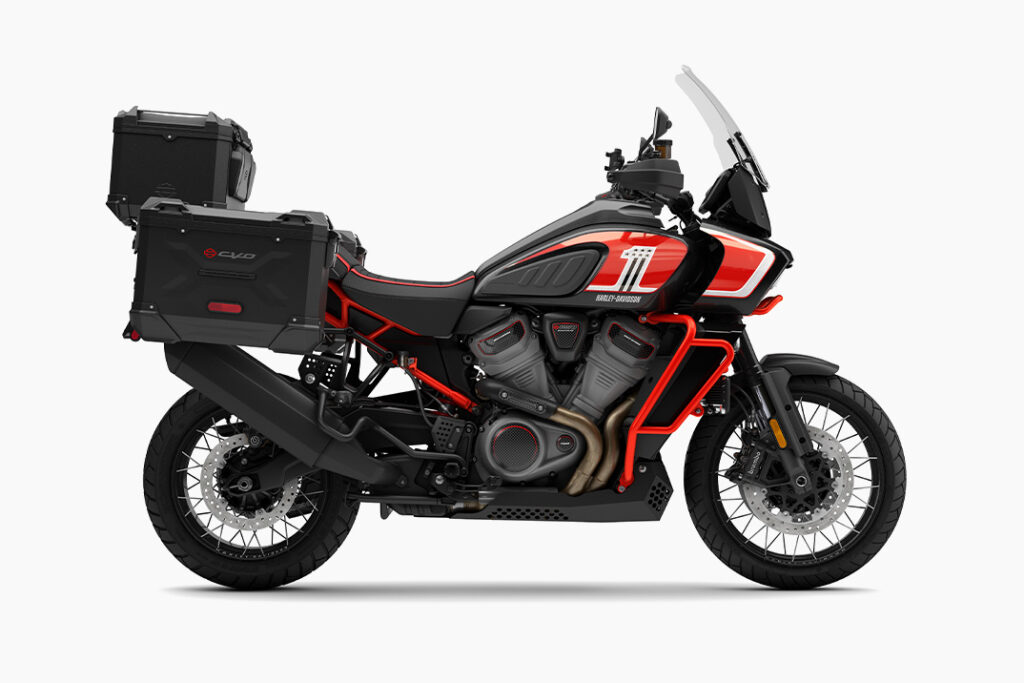
Marketing Mayhem & Brand Backlash: What Harley-Davidson Risks
Harley-Davidson prides itself on community, loyalty, and the rugged individual spirit. Yet, this aggressive quota system seems to contradict that very ethos. From a marketing perspective, such practices erode dealer trust, which in turn can trickle down to customer perception. A disgruntled dealer, forced to operate at a loss, is unlikely to be a passionate advocate for the brand. This can damage the crucial word-of-mouth marketing that Harley-Davidson heavily relies on.
Moreover, the public nature of the JFTC’s findings can tarnish Harley-Davidson’s brand image in a key international market. In an age of heightened consumer awareness and social media scrutiny, news of monopolistic behavior spreads like wildfire. For a brand built on a premium experience, this kind of negative publicity can significantly impact sales and market share. Building a strong brand takes years; damaging it can take mere moments.
Competitor Compass: Navigating the Japanese Motorcycle Market
The Japanese motorcycle market is a fiercely competitive arena, dominated by its homegrown giants: Honda, Yamaha, Kawasaki, and Suzuki. These brands boast a deep understanding of local consumer preferences, extensive dealer networks, and a reputation for reliability and innovation. Harley-Davidson, as an American import, already faces the challenge of carving out its niche.
- Honda: A global powerhouse known for its diverse range, from scooters to high-performance sportbikes and cruisers. Their omnipresence and reputation for quality make them a formidable competitor across all segments.
- Yamaha: Celebrated for its performance, design, and innovation, especially in sportbikes and naked bikes. Yamaha’s wide appeal and strong brand presence also pose a significant challenge.
- Kawasaki: Synonymous with raw power and distinctive styling, particularly in its “Ninja” series and cruisers. Kawasaki appeals to a different segment of the performance-oriented market.
- Suzuki: Offers a range of reliable and often more affordable options, from cruisers to adventure bikes.
While Harley-Davidson caters to a specific segment of the cruiser market, the overarching competitive landscape demands ethical and sustainable business practices. Any misstep, like the JFTC fine, gives these established Japanese competitors an edge, potentially allowing them to further solidify their market dominance by highlighting their commitment to fair business practices.
The BMW Blueprint: A Familiar Tune?
Here’s where the plot thickens and the eyebrows collectively raise. The JFTC’s action against Harley-Davidson Japan bears a striking resemblance to a 2021 punishment levied against none other than BMW Japan, for remarkably similar behavior. Call it a déjà vu, or perhaps, a pattern.
Intriguingly, reports suggest that executives who had been involved with BMW Japan during their own quota controversies later found themselves working at Harley-Davidson Japan. And guess what? Around that very time, Harley dealerships in Japan started experiencing the “excessive quota” pressure that ultimately led to the current JFTC fine. Coincidence? Perhaps. Or perhaps, as the JFTC might argue, a transfer of “best practices” that, shall we say, went a little sideways.
The two top brass reportedly involved with both BMW and Harley during these “similar behavioral practices” did resign after the July 2024 Harley Japan investigation. While their future endeavors remain to be seen, one hopes they’ve learned their lesson about playing fair in the competitive landscape.
Reviews, Likes, and Dislikes: The Rider’s Perspective
From the perspective of the average Japanese motorcycle enthusiast, this entire saga presents a mixed bag.
- Likes (of Harley-Davidson): The allure of the brand remains potent. Many riders are drawn to the iconic styling, the unmistakable V-twin rumble, the customization options, and the sense of belonging to a global community. For many, a Harley represents a lifestyle, not just a mode of transport.
- Dislikes (of Harley-Davidson – in light of this news): The news of the JFTC fine and the alleged pressure on dealers could dampen the enthusiasm of potential buyers. Consumers are increasingly valuing ethical corporate behavior. A brand seen as strong-arming its own dealers might lose appeal. Furthermore, if dealers are forced to sell bikes at a loss, it could indirectly impact the secondary market value for customers, or even lead to less competitive pricing in the long run.
Ultimately, trust is paramount. For a premium brand like Harley-Davidson, maintaining the trust of its dealers and its customer base is as vital as the oil in its engine.
The Road Ahead: Navigating Ethical Business Practices
The JFTC’s decisive action sends a clear message across the automotive industry: unfair trade practices have serious consequences in Japan. For Harley-Davidson, this isn’t just about a ¥200 million fine; it’s a critical opportunity to reassess its global sales strategies and ensure compliance with local regulations. Prioritizing dealer health and fostering genuine partnerships will be crucial for long-term success in the competitive and discerning Japanese market. After all, a truly compelling ride is built on respect, not coercion.
Sources
- Nikkei Asia:
- While the direct Nikkei Asia article from June 2025 detailing the final fine is challenging to pinpoint without precise publication date at this moment, it’s widely reported across financial news. An article from RideApart referencing Nikkei Asia’s reporting is available: https://www.rideapart.com/news/764322/harley-japan-fined-dealer-quotas/ (Accessed July 2, 2025)
- Bloomberg via Japan Times also reported: https://www.japantimes.co.jp/news/2025/06/30/japan/japan-antimonoply-watchdog-fine-harley-davidson/ (Accessed July 2, 2025)
- Asahi Shimbun:
- An article from The Asahi Shimbun discussing the JFTC’s action against Harley-Davidson Japan: https://boekbeslag.nl/k7nw9/8414035.html (Accessed July 2, 2025)
- BMW Japan JFTC Ruling (2021):
- Japan Fair Trade Commission’s official press release regarding the approval of BMW Japan Corp.’s commitment plan (addressing the similar unfair trade practices): https://www.jftc.go.jp/en/pressreleases/yearly-2021/March/210312.html (Accessed July 2, 2025)
- For background on the initial raid on Harley-Davidson Japan’s offices in July 2024, which mentions the similar BMW case: https://www.japantimes.co.jp/news/2024/07/30/japan/japan-antimonopoly-raid-on-harley/ (Accessed July 2, 2025)
- Japan Fair Trade Commission (JFTC) Official Website:
- The official English portal for the JFTC, where press releases and information on Antimonopoly Act enforcement can be found: https://www.jftc.go.jp/en/ (Accessed July 2, 2025)
Our Social Media Handles
- Instagram : LivingWithGravity
- Medium : Akash Dolas
- YouTube Channel : Gear and Shutter


